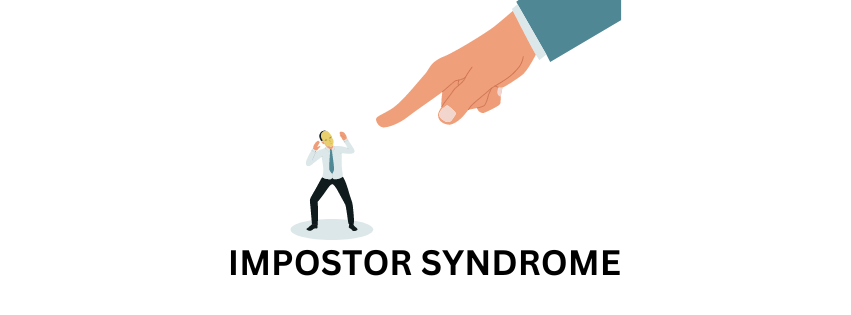Have you ever felt like a fraud, doubting your achievements and fearing that you’ll be exposed as a “phony”? If so, you’re not alone. This is commonly known as imposter syndrome—a pervasive feeling of self-doubt and insecurity, despite evident success and accomplishments. Many have wrestled with this internal critic, but there’s good news: you can overcome it. Let’s explore how.
Become Aware
First, it’s important to identify the signs of imposter syndrome. These include attributing success to luck rather than skill, feeling like you don’t deserve your achievements, and fearing that others will “find out” you’re not as capable as they think. Acknowledging these feelings is the first step toward overcoming them.
Reframe Your Thinking
Imposter syndrome often stems from perfectionism and unrealistic expectations. Start by rethinking your approach to success and failure. Understand that everyone makes mistakes and that failure is a natural part of growth. Celebrate your achievements, no matter how small they seem. Write them down and revisit this list if self-doubt creeps in.
Seek Support
Talking to someone you trust about your feelings can be incredibly liberating. Often, sharing your experiences with friends, family, or colleagues can help you realize that many people feel the same way. You’re not alone in this journey. Additionally, consider seeking guidance from a mentor or therapist who can provide professional insights and strategies to combat imposter syndrome. I am happy to help you with that, just email me at info@donnakennedy.com
Embrace Self-Compassion
Be kind to yourself. Treat yourself with the same compassion and understanding you would offer a friend in a similar situation. Practice positive self-talk and challenge negative thoughts. When you catch yourself thinking, “I don’t deserve this,” counter it with, “I have worked hard and earned this success.”
Set Manageable Goals
Break your goals into smaller, manageable tasks. This approach not only makes achievements more attainable but also provides frequent opportunities to acknowledge your progress and success. Remember, success is a journey, not a destination. Celebrate each step forward, no matter how small.
Continuous Learning
Accept that you don’t need to know everything. Embrace a growth mindset, which views challenges and learning opportunities as part of personal and professional development. Allow yourself to be a lifelong learner and understand that asking questions or seeking help is a strength, not a weakness.
Connect with Your Accomplishments
Take time to reflect on your journey. Look back at where you started and how far you’ve come. Create a portfolio of your work, including feedback and testimonials from others. This tangible evidence of your skills and accomplishments can be a powerful antidote to self-doubt.
Imposter syndrome can be a formidable foe, but it doesn’t have to define your path. By recognizinghow you’re feeling, reframing your thoughts, seeking support, and practicing self-compassion, you can silence that inner critic. Remember, you are not an imposter. You are capable, deserving, and worthy of your success. Embrace your achievements and continue to grow with confidence and grace.
Believe in YOU.
Live FULLY!
Donna

